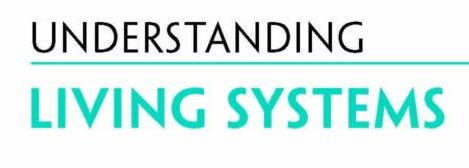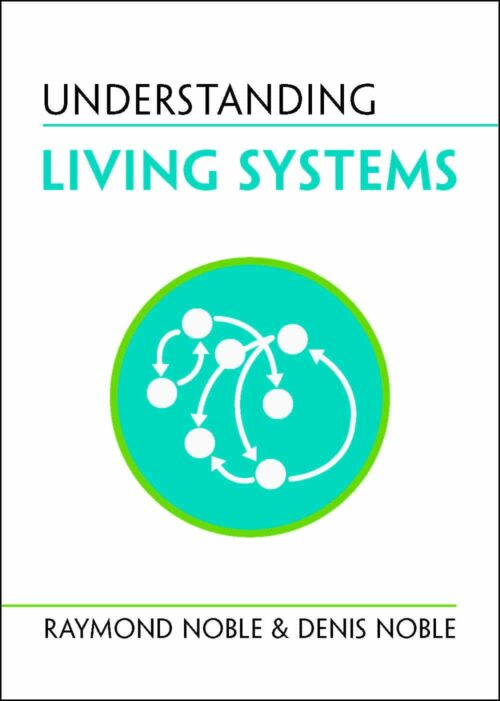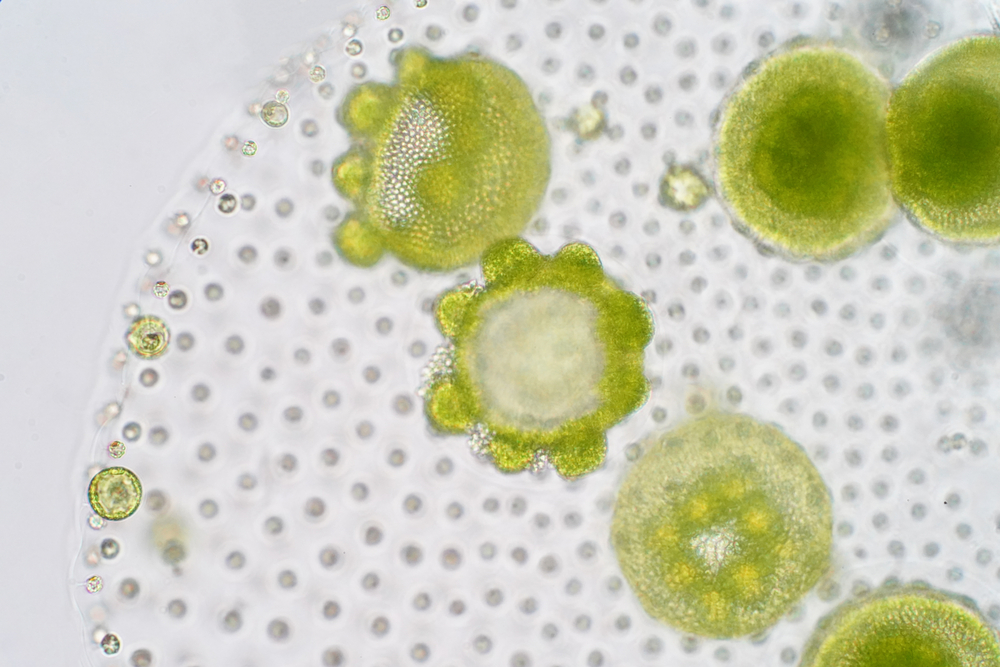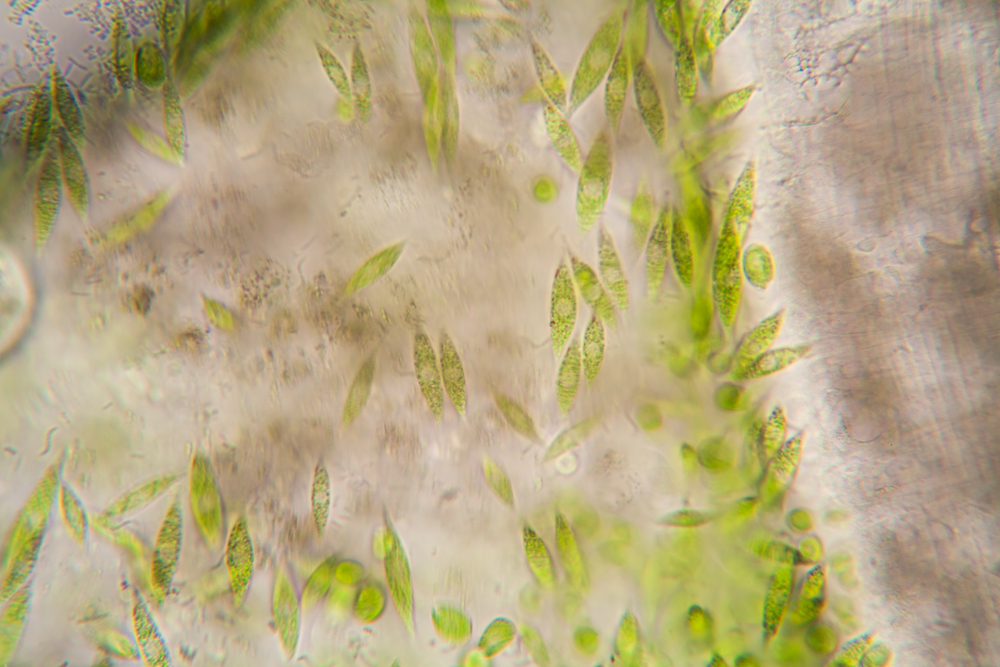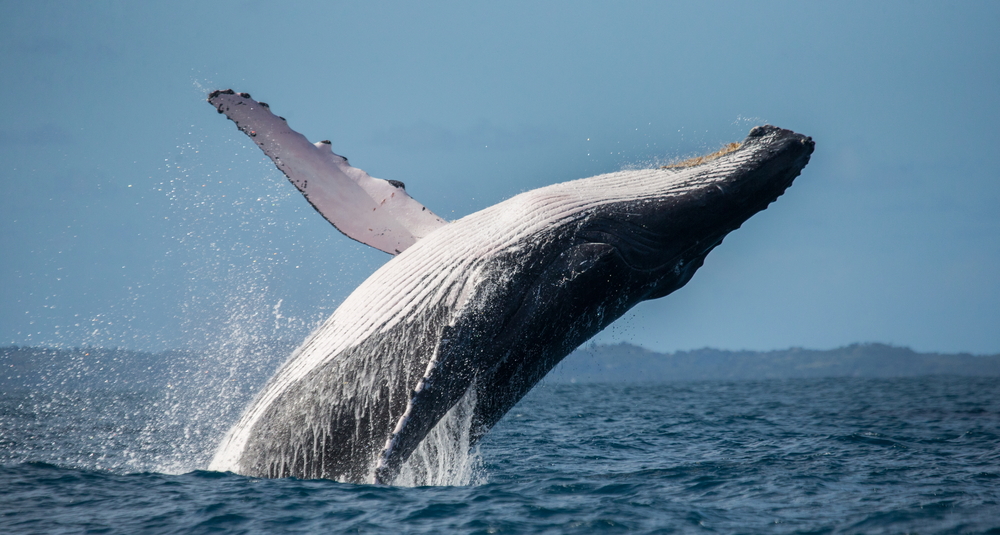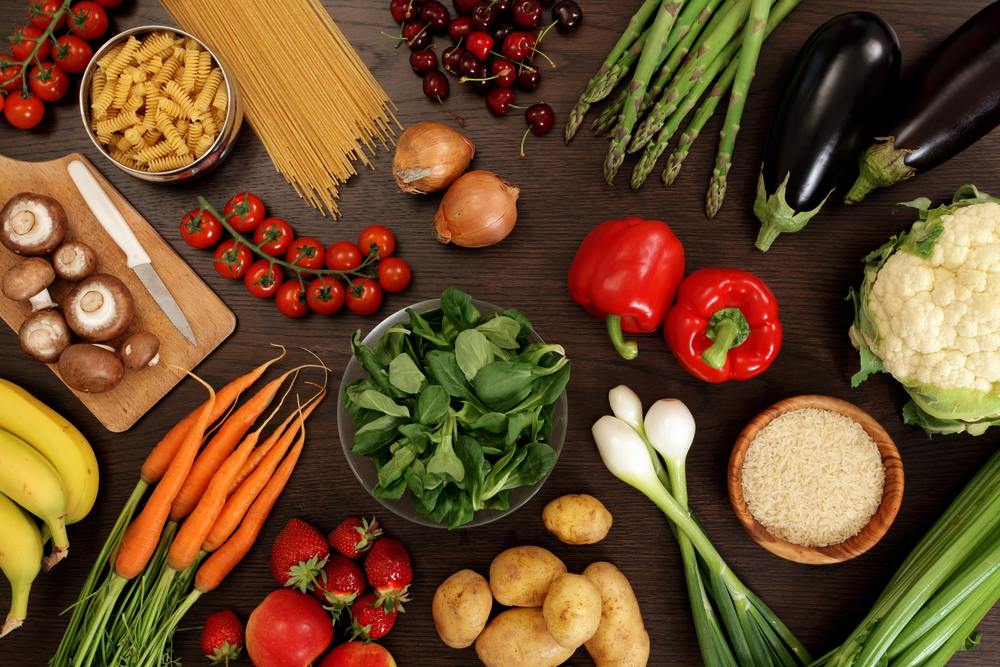Raymond and Denis Noble discuss their book, Understanding Living Systems, published by Cambridge University Press in July 2023. The book ends with a call to arms as humans awake to their responsibility for our precious ecosystems, Earth’s awakening. Here, Denis reads from the final paragraphs.
Category: Environment
Understanding Living Systems
Cambridge University Press published our book, Understanding Living Systems, in July. We were pleased to be guests on Perry Marshall’s podcast to discuss the book. This episode encapsulates our extraordinary enthusiasm and creativity when writing our book Understanding Living Systems. Why did we write it? What is it about? Why is it necessary? Thank you,… Continue reading Understanding Living Systems
A microscopic key to evolution – volvox
Does pond water hold a microscopic key to understanding evolution? Examining pond water with a microscope in 1674, Anton van Leeuwenhoek observed many single-celled organisms, which he called ‘animalcules’. Some formed colonies or clusters, others were clearly multi-cellular, and one of these is a tiny green alga called Volvox. So, could this tiny creature be… Continue reading A microscopic key to evolution – volvox
Euglena eye and nature’s invention
Nature is said to be the mother of invention, and this we see in the microscopic single-celled Euglena. Euglenas have chloroplasts – green power packs, making sugars using the energy of light. But they also have an eye, of sorts, enabling them to optimise the light conditions for photosynthesis. The ‘eye’ of a Euglena Using… Continue reading Euglena eye and nature’s invention
Whale communication, singing to each other
Whales communicate by singing over very long distances, creating songs that last for hours, each whale repeating back and adding phrases. Whale communication is not the only sound in the sea. Sounds fill our forests and oceans. But, they are not incidental. They carry meaning and significance. If humans stopped making a racket, we would… Continue reading Whale communication, singing to each other
Greening our food
For tackling climate change, we need major lifestyle changes. That means changing how we source and produce our food. The food we produce and buy is responsible for 60% of global nature loss. But, we personally can make efforts to source better food. Greening our food is healthy for us and the planet. Globally the… Continue reading Greening our food
COP26 falls short of target
With transport one of the biggest causes of global fossil fuel emissions, COP26 falls far short of the 1.5 degrees warming target. Nevertheless, politicians strut the stage and pronounce. The UK Prime Minister Boris Johnson headed back to COP26. But he had nothing to say. On heralding a move forward to Net Zero, there was… Continue reading COP26 falls short of target
Global warming threat to Aardvarks
The effects of global warming may prove counter-intuitive. A clue comes from Aardvarks in their Sub-Saharan habitats. Climate change is making conditions in the semi-arid regions of aardvark distribution hotter and drier. Yet, animals may die of cold with global warming. Perversely, that may be the global warming threat to aardvarks. Aardvarks – nocturnal animals… Continue reading Global warming threat to Aardvarks
Learning from wood mice
Wood mice are essential to woodland life. So, by learning from wood mice, we get a better understanding of ecological intelligence. Study the forest, and we find the intimate relationship between mice, trees and tawny owls. So what do we know about intelligence? In the 1960s, researchers studied animal behaviour in ‘controlled’ laboratory conditions. Placing… Continue reading Learning from wood mice
Half measures for green heating
The UK government has produced half measures for green heating. With the “Heat and Buildings Strategy”, the UK government plans to give people an incentive for installing low-carbon heating for their homes. It calls the plan a simple, fair, and cheap way of replacing old boilers over the coming decade. But the plan is a half… Continue reading Half measures for green heating
